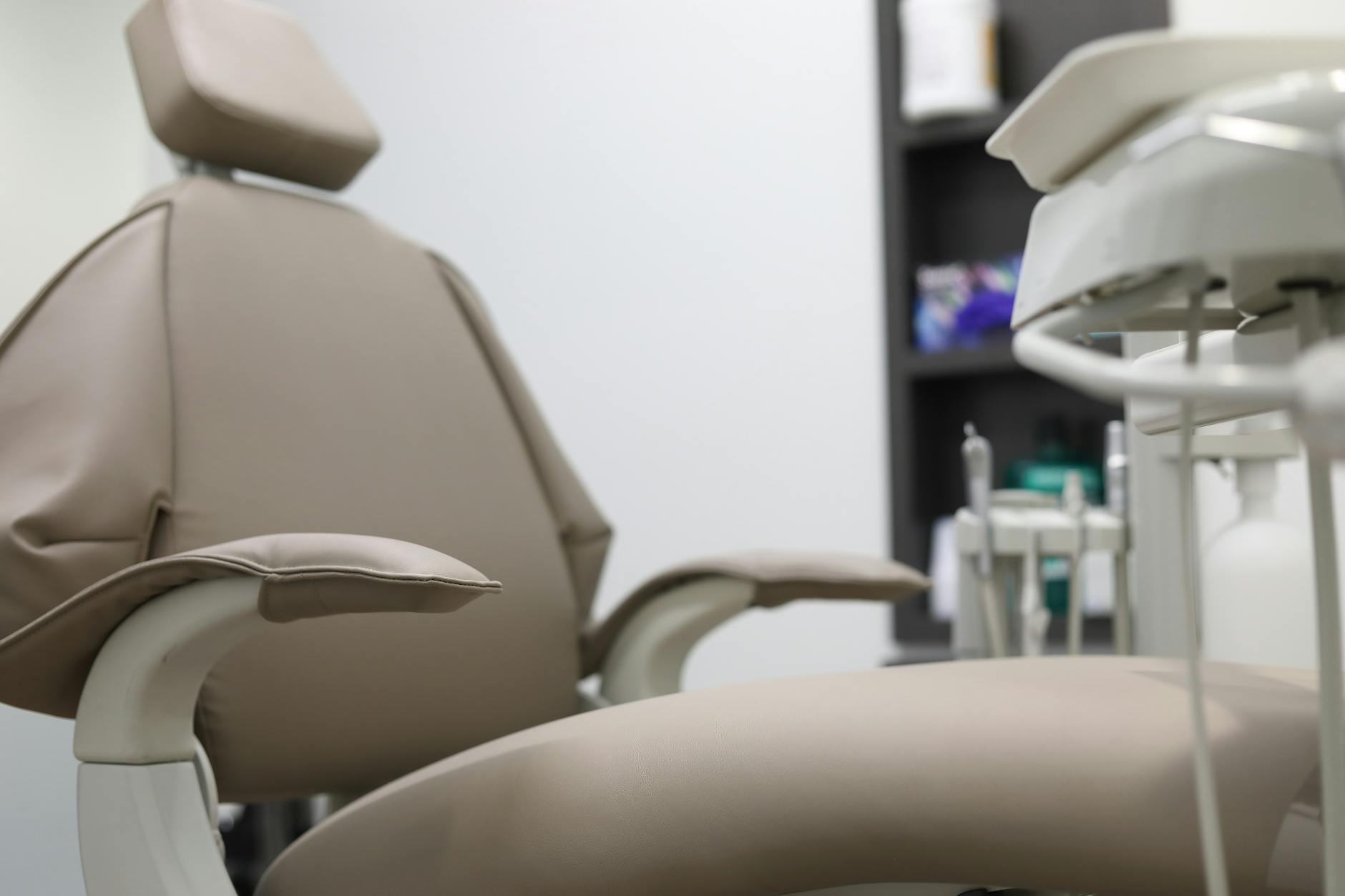
Tartar, also known as dental calculus, forms when plaque on the teeth is not removed and hardens over time. This can lead to various dental issues if not addressed promptly. Tartar provides a surface for more plaque to grow, which can lead to gum disease and cavities. I’ve often seen patients struggle with tartar buildup despite regular brushing. This is why professional cleanings are essential.
The Process of Tartar Formation
Plaque, a sticky film of bacteria, forms on your teeth after eating and drinking. If not removed through regular brushing and flossing, it hardens into tartar within 24 to 72 hours. Once tartar forms, it can only be removed by a dental professional. According to the Abu Dhabi Department of Health, tartar buildup can contribute to more severe dental issues, including gingivitis and periodontitis. Therefore, it’s crucial to maintain good oral hygiene practices and visit the dentist regularly.
Importance of Regular Professional Cleanings
Regular professional cleanings are vital in managing tartar buildup. During these cleanings, dental professionals use special tools to remove tartar from above and below the gum line. The Ministry of Health and Prevention UAE emphasizes that regular dental check-ups and cleanings can prevent tartar buildup and associated dental problems. They recommend visiting your dentist every six months for optimal dental health.

Effective Oral Hygiene Practices
Maintaining a diligent oral hygiene routine is crucial in preventing tartar buildup. Brushing your teeth at least twice a day with fluoride toothpaste and using dental floss daily can help remove plaque before it hardens into tartar. Additionally, using an antiseptic mouthwash can reduce the bacteria in your mouth, helping to prevent plaque formation. The Dubai Health Authority advises incorporating these practices into your daily routine to keep your teeth and gums healthy.
Dietary Choices and Their Impact on Tartar Formation
What you eat and drink also plays a significant role in the formation of tartar. Foods and beverages high in sugar and starch can increase plaque buildup, leading to more tartar. Drinking plenty of water, especially after meals, can help wash away food particles and bacteria. The Abu Dhabi Department of Health suggests avoiding sugary snacks and drinks, and opting for a balanced diet rich in fruits, vegetables, and dairy products to maintain good oral health.
The Role of Fluoride in Preventing Tartar
Fluoride helps strengthen tooth enamel, making it more resistant to plaque and tartar buildup. Using fluoride toothpaste and drinking fluoridated water can provide added protection against tartar. The Ministry of Health and Prevention UAE recommends using fluoride-containing dental products as part of your oral hygiene routine to help prevent dental issues associated with tartar.

Conclusion: Managing Tartar for Better Oral Health
Tartar buildup is a common dental issue that can lead to serious complications if not managed properly. Regular dental cleanings, effective oral hygiene practices, and mindful dietary choices are essential in preventing and managing tartar. For comprehensive information on managing tartar and maintaining good oral health, you can visit resources like the Abu Dhabi Department of Health and the Ministry of Health and Prevention UAE. These sites provide valuable insights into preventing dental issues and promoting overall oral health.
